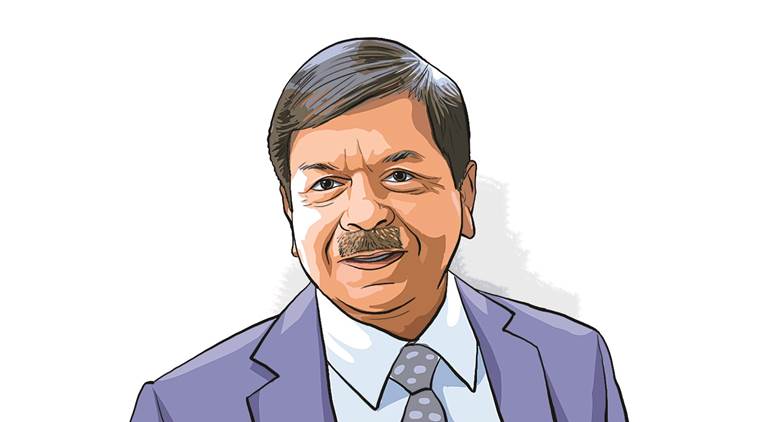Former NIA chief Sharad Kumar allegedly closed many terror cases involving right-wing outfits. In a letter to President Ramnath Kovind, group says move to appoint him would send “wrong signal”, violate international principle
All India Network of NGOs and Individuals working with National and State Human Rights Institutions (AiNNI) has submitted a memorandum to the President of India expressing its serious concerns with regard to the recent news[1]of the possible appointment of Former National Investigation Agency (NIA) Director General Sharad Kumar as the Member of the National Human Rights Commission (NHRC).
AiNNI in its memorandum has mentioned that the appointment of Mr. Kumar at a juncture when most of the cases handled by the NHRC are against police and security agencies would send a wrong message to the people of India. The memorandum mentions that Mr. Kumar as the NIA Chief has come under severe questioning as during his term all terror cases by right-wing Hindutva outfits associated with the Rashtriya Swayamsevak Sangh (RSS) were closed and almost all resulting in acquittals of the accused.
AiNNI has expressed its serious concerns as this news comes at a juncture when the NHRC team is assisting the Central Bureau of Investigation (CBI) in the extrajudicial killings in Manipur and also a series of cases are pending regarding serious human violations by security forces in West Bengal, Chhattisgarh, Jammu and Kashmir etc.
The memorandum further mentions that the appointment, if done, will be contrary to the universally accepted human rights standards evolved under the aegis of the United Nations and will be against the recommendations of the Global Alliance of National Human Rights Institutions (GA-NHRIs) through its Sub-Committee on Accreditation (SCA) in their reports in 2011, 2016 and 2017 raising concerns regarding representatives of security agencies on the NHRC.
AiNNI requests the President of India to urgently intervene in this matter through his powers of assent and accordingly direct the Appointment Committee to ensure that due process of appointment to NHRC is followed. The Appointment Committee should respect international principles and should take into consideration the contributions to human rights made by each of the eligible candidate being considered for this post. As required by the Paris Principles and highlighted by the SCA and GANHRI, the appointment process should broadly publicize the vacancies to maximize the number of potential candidates from a wide range of societal groups and educational qualifications; promoting broad consultations and/or participation in the application, screening, selection and appointment process; and, assessing applicants on the basis of pre-determined, objective and publicly-available criteria.

May 19, 2018 at 5:26 pm
The human rights groups have rightly opposed persons with doubtful record on investigations